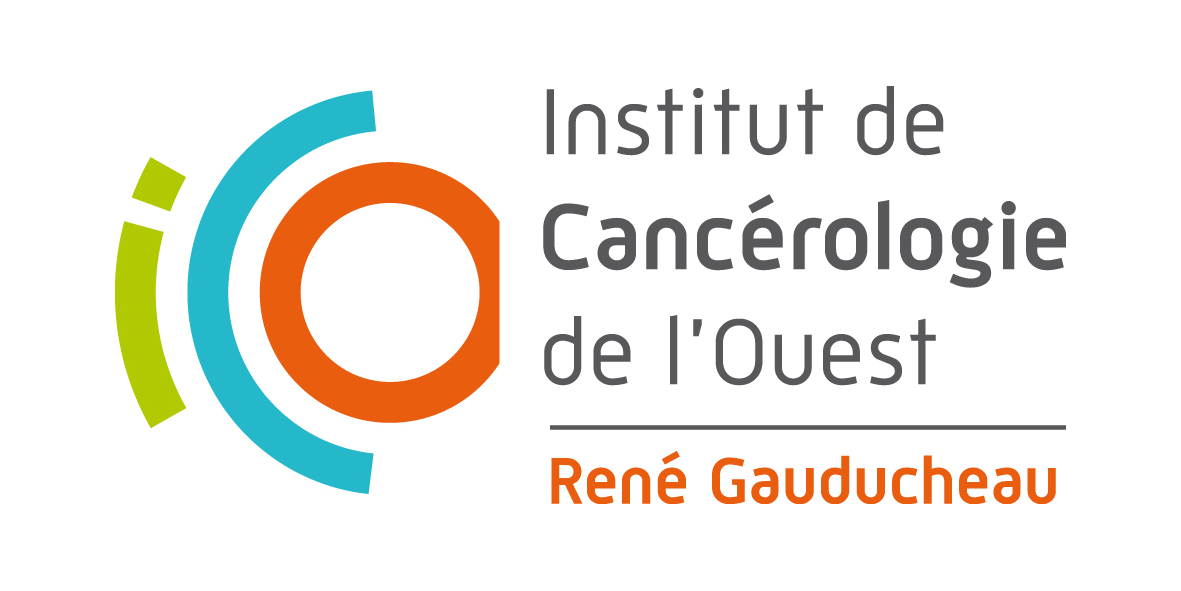Feasibility and efficacy of a supervised home-based physical exercise program for metastatic cancer patients receiving oral targeted therapy: study protocol for the phase II/III - UNICANCER SdS 01 QUALIOR trial
Résumé
Background: Currently, oral targeted therapies are known to be effective and are frequently used to treat metastatic cancer patients, but fatigue is a frequently reported early side effect of these treatments. This fatigue may impact the patient’s treatment adherence and result in a negative impact on quality of life. Physical exercise significantly improved the general well-being and quality of life of advanced cancer patients. However, there is no specific physical activity program adapted for patients with advanced disease. Methods QUALIOR is a two-part, randomized, open-label, and multicenter with two arms phase II/III trial. Patients (phase II: n = 120; phase III: n = 312) with metastatic cancer (breast cancer, kidney cancer, lung cancer, and other cancers [including but not limited to colon cancer, melanoma, sarcoma, or hepatocarcinoma]) treated with a first- or second-line oral targeted therapy without chemotherapy will be included. Patients will be randomized (2:1) to a 3-month supervised home-based standardized physical activity program or to a recommended adapted physical activity (via a booklet). The primary objective of the phase II is to evaluate the feasibility of the supervised program. The primary objective of the phase III is the evaluation of the benefit of the supervised home-based program compare to the recommended program in terms of fatigue and quality of life at 3 months. The secondary objectives aim to evaluate the impact of the supervised program on fatigue over time, pain, physical capacities, psychosocial and cognitive functions, general quality of life, frequency of dose reduction and patients’ adherence to the targeted therapy, overall survival, and progression-free survival. This study will also evaluate the medico-economic impact of supervised program compared to the recommended adapted physical activity program. Discussion The aim of this study is to evaluate home-based physical exercise program for metastatic cancer patients treated with oral targeted therapies to help patients to cope with fatigue and improve quality of life. Trial registration This trial was registered in ClinicalTrials.gov since May 2017 ( NCT03169075 ).
Origine : Publication financée par une institution


